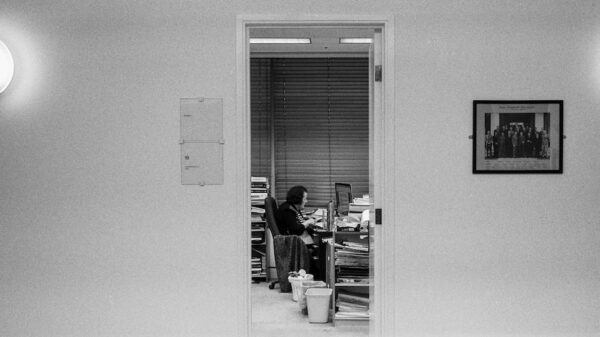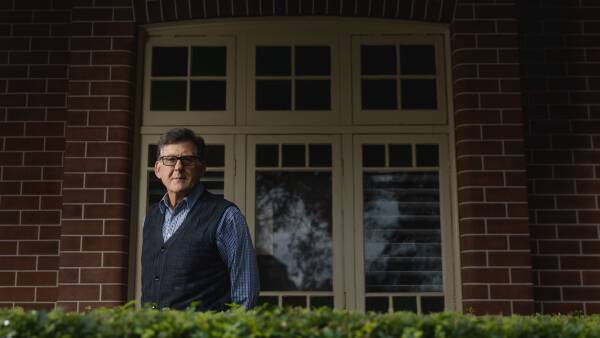Lithium Universe has officially applied for the AEA Ignite Grant to support the development of an innovative recycling prototype aimed at addressing the growing issue of end-of-life solar panels. This funding opportunity will facilitate advancements in a cutting-edge recycling method that combines Macquarie University’s microwave joule heating technology (MJHT) with jet electrochemical silver extraction (JESE). This approach aims to recover high-purity silver, exceeding 96%, alongside intact glass and recyclable silicon wafers from photovoltaic cells.
The project, which is set to unfold over the next twelve months, seeks to transition from laboratory validation to a scalable pilot prototype. This initiative not only positions Australia as a leader in global solar panel recycling efforts but also addresses the pressing need for sustainable solutions in the renewable energy sector.
Significance of the Partnership
Iggy Tan, chair of Lithium Universe, emphasized the importance of the collaboration with Macquarie University in tackling critical resource shortages. “With silver shortages looming and solar waste rising, the timing of this innovation could not be more critical,” he stated. Tan highlighted that the integration of these two technologies represents a breakthrough solution for recovering essential resources from solar panels.
The rising demand for renewable energy has led to an increase in solar waste, prompting urgent calls for effective recycling methods. By harnessing the capabilities of MJHT and JESE, Lithium Universe aims to create a comprehensive recycling solution that not only mitigates waste but also recovers valuable materials necessary for future solar technologies.
Project Goals and Impact
The funding from the AEA Ignite Grant will be instrumental in accelerating the project timeline. The initiative aims to not only validate the technology in a lab setting but also to develop a practical application that can be implemented on a larger scale. This project aligns with the global push towards sustainable energy practices and the circular economy, ensuring that materials used in solar panels are effectively recycled and reused.
As the world grapples with the challenges posed by climate change, innovations like those proposed by Lithium Universe are crucial. The successful implementation of this prototype could set a precedent for similar projects worldwide, highlighting the importance of collaborative efforts in advancing renewable resource management.
The application for this grant underscores a pivotal moment in the intersection of technology and sustainability, promising significant advancements in how the industry approaches solar panel end-of-life solutions.



































































